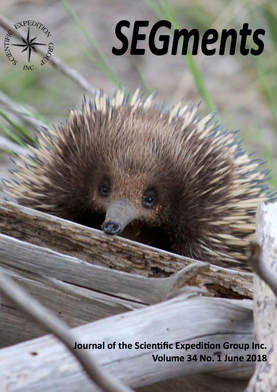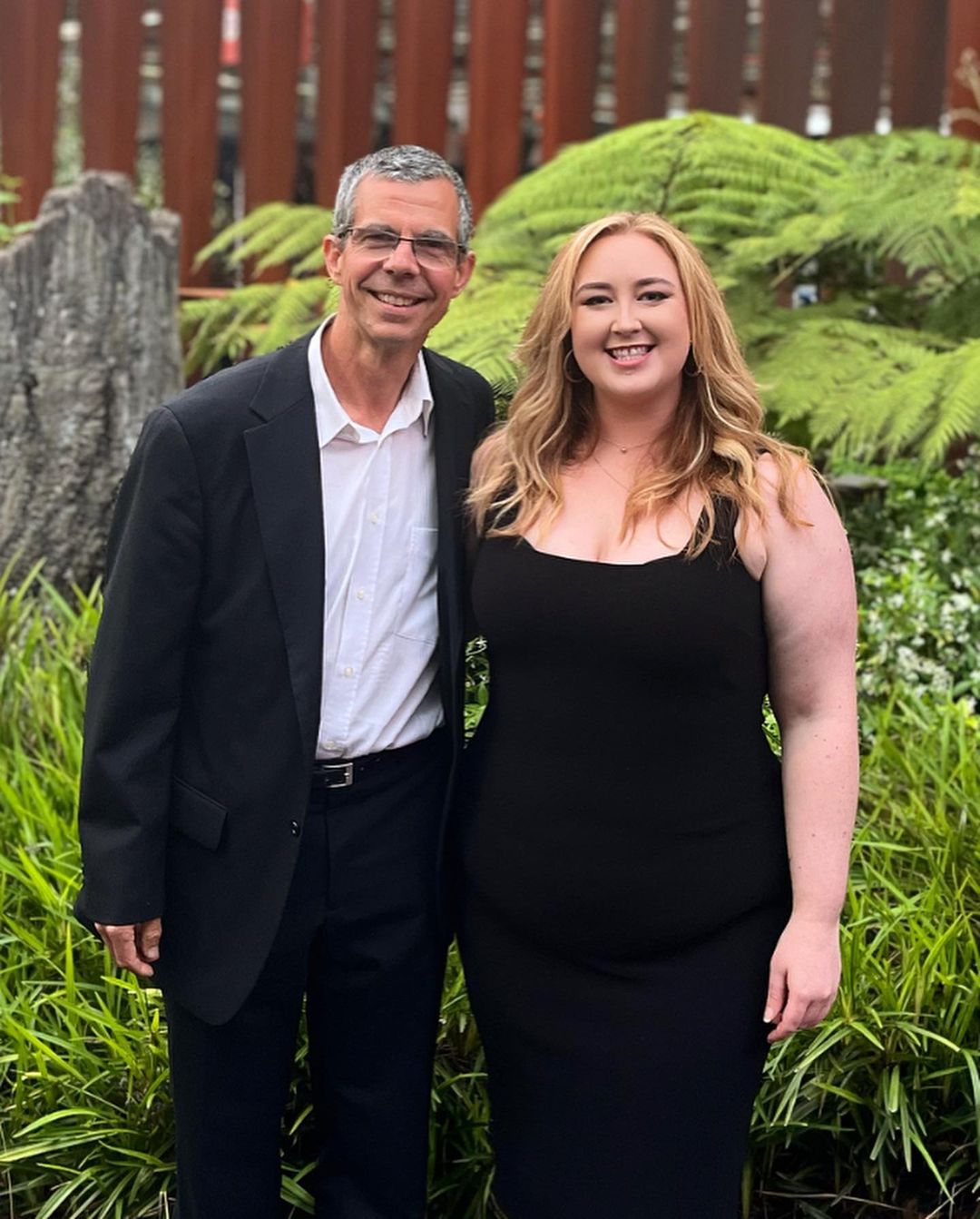This award is supported by the Chief Scientist of South Australia, Inspiring South Australia, and the South Australian chapter of the Australian Citizen Science Association - a big thank you to these organisations for increasing recognition of citizen science in SA 🥰
The new genomes are a hugely valuable public resource for research in mammalian biology and evolution, with applications in wildlife conservation and even human health.
Several members of the Grutzner lab worked closely on this international collaboration, particularly co-first author Dr Linda Shearwin. 🍾 The work has revealed lots of surprises - one of which is that the system for safe removal of the oxygen carrier, haemoglobin, thought to be common to all mammals, is missing from monotremes! This suggests that it arose quite recently in the ancestor of all other mammals. We are excited for the amazing future work that these genomes will facilitate! You can read the open-access article in Nature. Great work Natasha! She has now completed one of the important milestones in PhD. We wish her all the best for her upcoming 6 months, leading to her Major Review (one year milestone) :D
This Friday (17 August), Frank and Tahlia (moving on from her jetlag) will be bringing exciting presentations to you at Mt Barker and Naracoorte. See below for details and how to book your seat!
Mt Barker Ukaria Cultural Centre, 5pm-8.30pm Book your tickets here: https://www.eventbrite.com.au/e/fungi-film-festival-tickets-47753047651 Naracoorte Town Hall, 7pm-9.30pm Book your tickets here: https://www.eventbrite.com/e/a-night-of-science-tickets-48872379603 This is held in conjunction with National Science Week to bring awareness to the research projects out there. So, come one, come all to learn on how you can contribute to research that aids in the conservation and discovery of our beloved platypuses and echidnas 😍 Tahlia has just returned from the U.K. after completing an intensive course of bioinformatics on metagenomic data analysis in Cambridge, run by the European Molecular Biology Laboratory (EMBL). We hope that this will bring us closer to unravelling the mysteries of echidna scats (poop!) 😉
P.S. Metagenomics is where we can take all DNA from a single sample (like poo) and find out what species of organisms are in there. This could be bacteria, plants, insects or even other animals. This method has been commonly used for microbiome studies, understanding the diversity of bacteria in all sorts of environments.  Congratulations to our undergraduate student, Isabella, for her first publication and cover on SEGments! Here, she provides information on short-beaked echidnas and our initiative in their conservation via our app, Echidna CSI. Check out her article on page 10 of this issue.
Frank and Tash has appeared on 7 News to talk about their research on how a hormone found in platypus might help treat type 2 diabetes. Check out the video below!
This evening, Tahlia will present her 3-minute talk to an audience in Perth, WA. We wish her the best of luck. The talks are filmed and broadcast live, and can be viewed here.
UPDATE: Congratulations Tahlia on an amazing talk, unfortunately she did not progress to the next round. Tahlia recently flew to Perth, WA to compete in the FameLab Competition Semi-Final. Her 3-minute talk won the audience over and she has been selected as a "wild card" entry into the National round of talks to be held in Perth, WA in early May. The National competition requires entrants to present a previously unheard talk. Good luck Tahlia!
Congratulations Tahlia for her FameLab Competition submission acceptance. Tahlia will fly to Perth in late April to compete in the Australian Semi-Finals.
|


